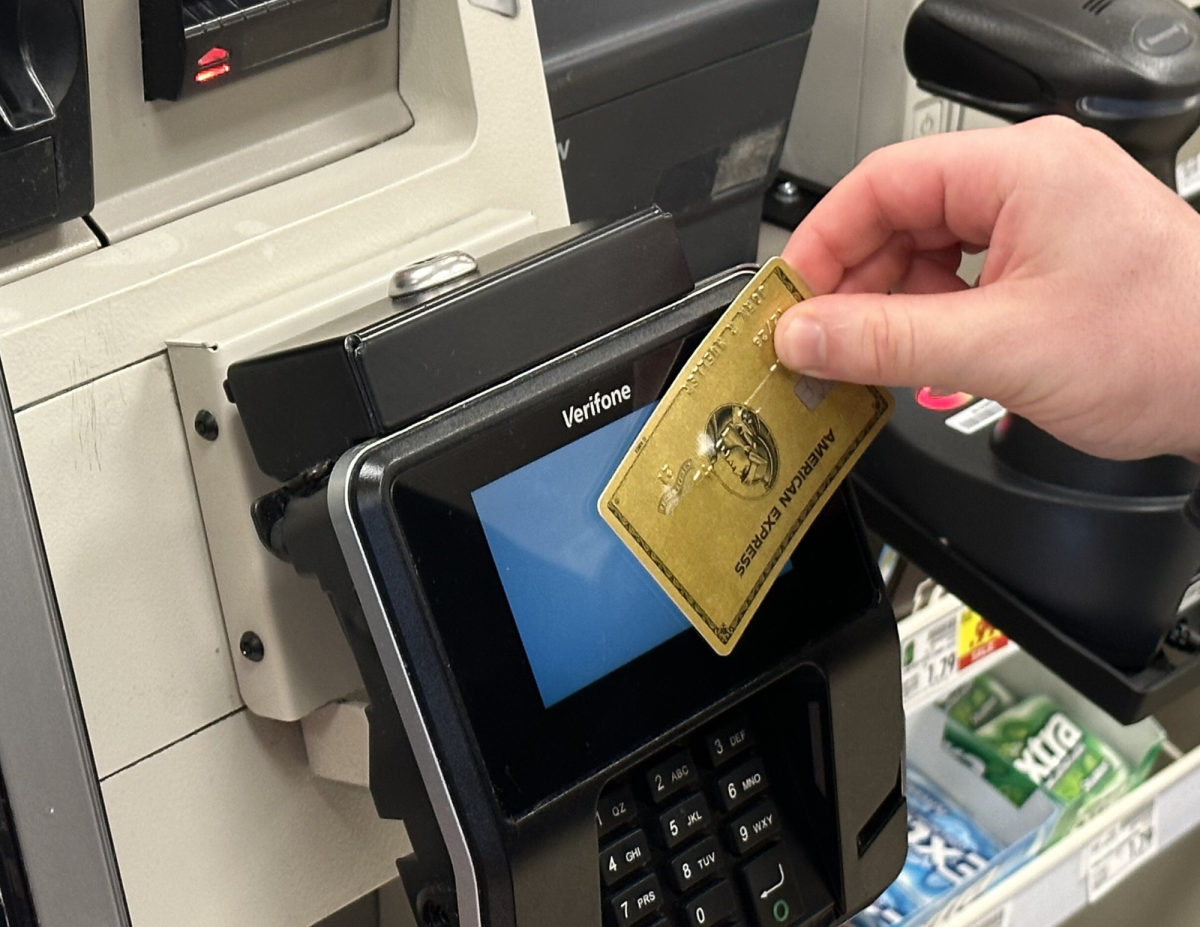According to the Oxford Police Department, two separate individuals reported fraudulent activity on their credit cards during the week of January 24.
One victim, a 22-year-old woman, reported that over $1,800 had been spent on her card without her knowledge in five separate purchases. The card was in her possession the whole time, she told police, and that she had only used it for self- checkout.
Oxford Police Lieutenant Lara Fening said that there are many ways the card number could have been stolen. The police report states that the credit card company did not hold the victim accountable for the charges.
In a separate incident, an 81-year-old man reported that he was charged more than $100 by Lowe’s. The hardware store denied the charge, stating that they believed someone had posed as their company to defraud the victim. No arrests have been made in either case.
Fening encouraged people to keep tabs on their credit card statements and to report lost cards immediately.
If someone is the victim of fraud, the Consumer Financial Protection Bureau says to “call your credit card company to dispute the charges immediately”. The Bureau’s representative added that if the company does not overturn the charges, it is possible to file a complaint.
“Generally speaking, depending on the information available, it would take about four business days,” said a Chase Bank customer service representative when asked how long it usually takes for fraudulent charges to be overturned.
Fraudsters have also been reaching out to Miami University students by email. Many students received an email from a fictitious department named “The Office of Job Placement and Student Services” offering internship opportunities. The internship claims to offer remote work with flexible scheduling, with compensation up to $350 per week.
The email did not include the Miami logo, although it appeared to come from a Miami email address.
The IT department warned students not to interact with the email on January 8th, but students were still receiving these emails as recently as February 1st. Senior marketing student Ray Schmitz was one of the students that received the email. Schmitz recognized that the email was fraudulent and deleted it immediately.
Students are not the only ones at risk at Miami, as the IT department also sent a warning to the entire institution about resumes that have been disguised as malware.
The department states that “LockBit” software, a form of ransomware, had been found in numerous resume files they had discovered. According to the Cybersecurity and Infrastructure Agency, “LockBit” software was one of the most used ransomware on the planet, and has now found its way to Miami. The IT department advised anyone who had received a file that looked suspicious to delete the file immediately to avoid any potential breach.








